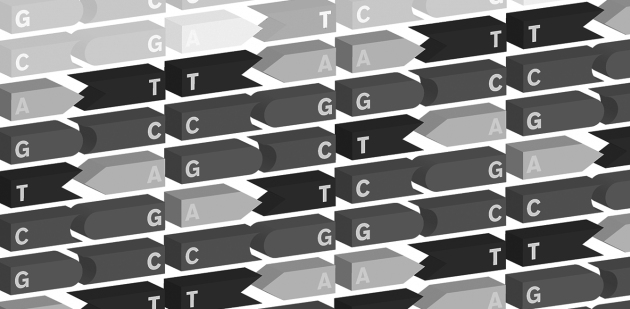Genetic variants, or the “letters” that make up our DNA and vary from person to person, influence our likelihood of developing a complex disease like diabetes, cancer and depression.

In Lausanne, research out of the Computational Biology Department (DBC) at the University of Lausanne’s (UNIL) Faculty of Biology and Medicine, shows how the genetic variants can disrupt gene networks in our bodies’ various tissues.
“The challenge is that over 90% of genetic variants are located outside of genes in regions of the genome we don’t yet understand,” says Daniel Marbach, a researcher at the DBC. In response, scientists in Lausanne have created specific “maps” of the regulation networks that control the activity of genes within a cell or type of tissue.
They were able to map out around 400 different types of human cells and tissues, which is the largest collection of this kind to date. Each of these networks includes hundreds of thousands of regulatory interactions between over 19,000 genes, providing our first-ever overview of the “control system” that manages these cells and tissues.
“For example, we were able to show that patients with schizophrenia have genetic variants that disrupt the genes in cerebral issue, while variants associated with obesity interfere with genes that interact within intestinal tissues.”
Headed up by Professor Sven Bergmann, director of the DBC, this research will provide a better understanding of how complex diseases are triggered and progress, which in turn will lead to more effective and targeted treatments with fewer side effects. ⁄

Daniel Marchach is a researcher at the Computational Biology Department at UNIL’S Faculty of Biology and Medicine.